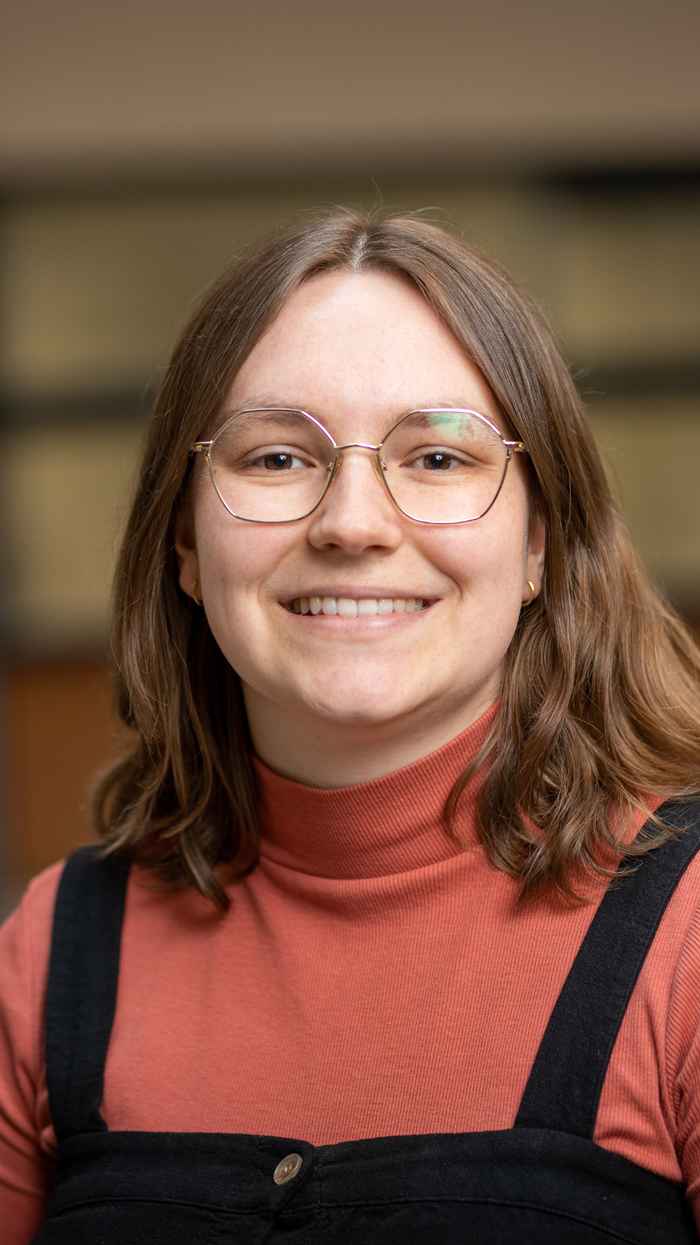Career prospects
Skills
To acquire skills and knowledge that are useful for a career both within and outside academia, the student can compose a personal choice package from a recently designed Professional Skills training programme.
The job market
Overall, the career perspectives for Biological Sciences graduates are good. Most alumni find a qualified job within six months after graduation.
Teacher training programme
The major Teaching prepares students to become a teacher in Biology at secondary schools and Higher Vocational Education (Dutch: HBO), and is open for students from all tracks of the master's programma Biological Sciences. This major is offered by the Interfacultaire Lerarenopleidingen (ILO).

I chose this programme because it was a logical step after my bachelor’s degree in Biology at the UvA. My main interests in biology lie in ecology and evolution. I briefly explored other master’s programmes, but this one seemed the most enjoyable and convenient for me, especially since I didn’t need to relocate.
- Why did you choose the UvA?
- How much freedom did you have when selecting courses or projects? Are there opportunities to tailor the programme to your interests?
- How practical or theoretical is the programme?
- How would you describe the atmosphere within the programme? Do you interact a lot with fellow students and lecturers? Are there many group assignments, or is the focus more on individual work?
- What types of thesis or graduation projects are possible? Can you provide an example of your own project?
- Was it easy for you to find a job after your master’s? How did you end up in your current role?
- What advice would you give to someone considering this master’s programme?